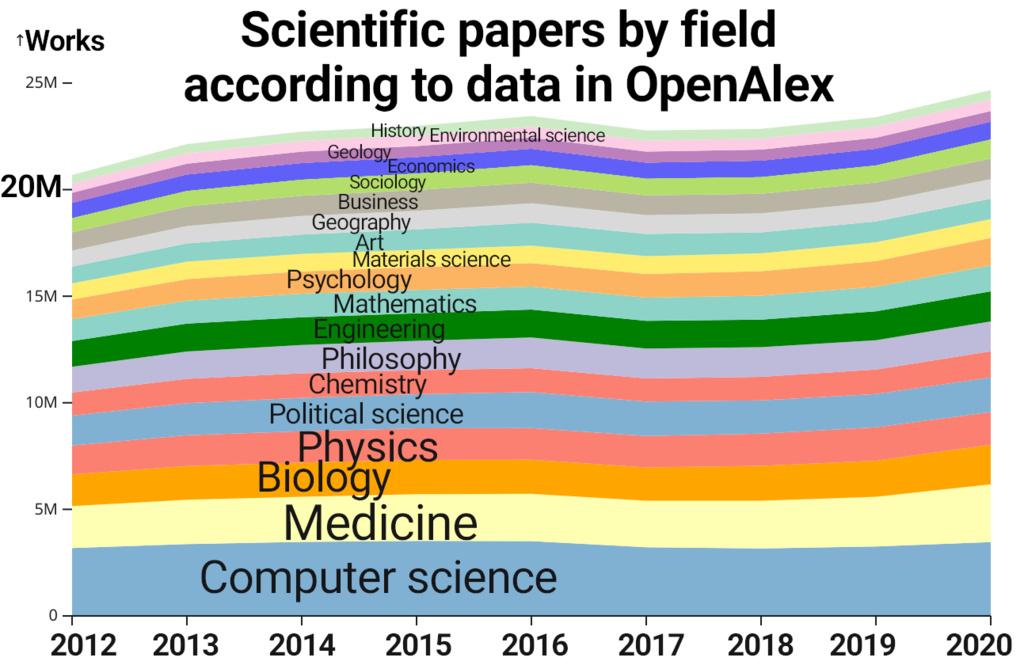Icons, Ideograms, Pictographs
Icons, Ideograms, Pictographs are a sign, an image, that graphically represents a concept or a thing a way to show rather than tell, a way to engage the audience’s senses rather than to tell a lingua franca, a tool of language, a way to communicate to global audiences Key Concepts: Text & Intertextuality; Design Caution: ...






